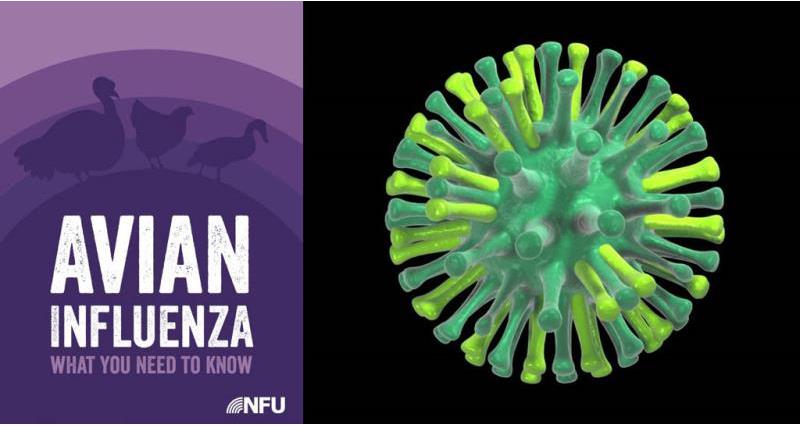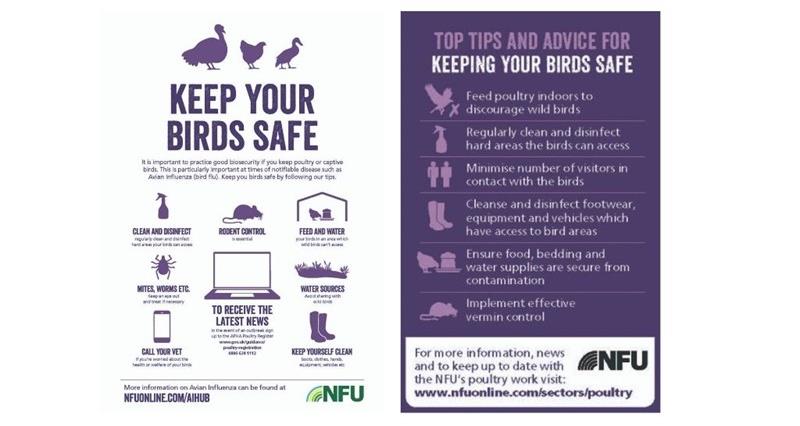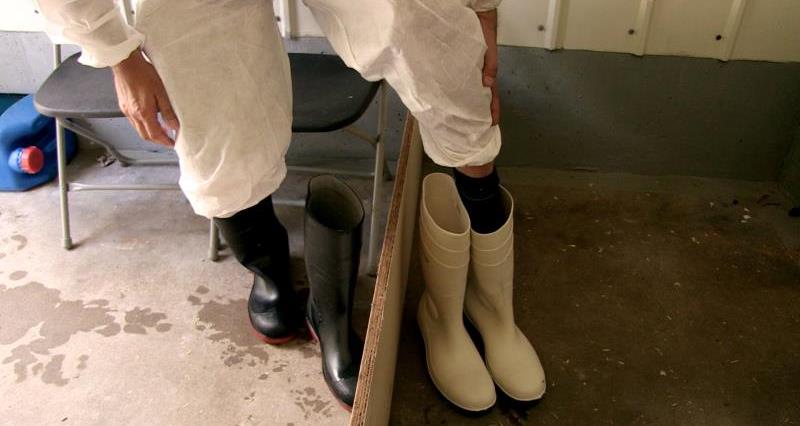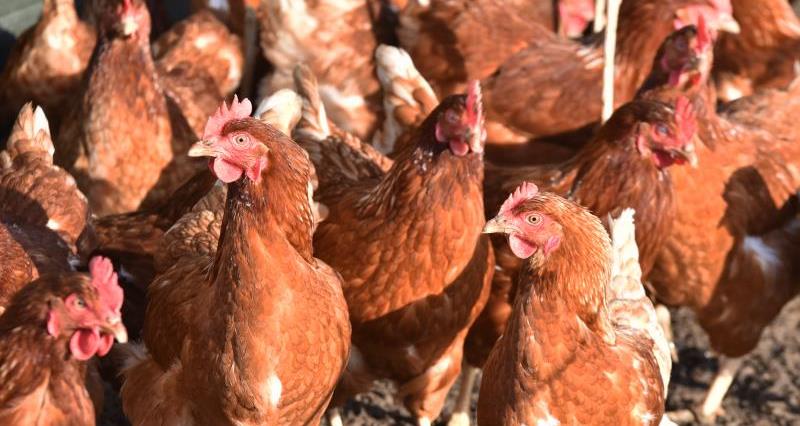In September 2021 the Poultry Health and Welfare Group (PHWG) hosted a virtual workshop, which brought together industry and the government.
Professor Ian Brown provided an overview of AI outbreaks in the UK in the past year, including the 24 outbreaks of HPAI and 2 LPAI cases, as well as more than 300 wild bird findings. He described the numbers in the UK as the largest we’ve ever had, but the one positive point was that there was no secondary spread between farms.
Ian Brown went on to describe the different characteristics of each outbreak, which means assumptions about the disease have to be revaluated each time. He also talked about vaccination, but noted that the multiple families of complex viruses make this problematic, while inadequate vaccination would not protect birds and may cause further problems.
Full biosecurity measures are needed
The words ‘biosecurity’ and ‘vigilance’ were used by every speaker. Outbreaks in other parts of the world are currently mimicking this time last year, and so every business should review their biosecurity and make improvements if required.
“There are several factors that increase the likelihood of disease incursion on farm and relying on perimeter biosecurity is not enough,” said APHA’s Andy Paterson.
He added that biosecurity measures are important to protect a flock from endemic diseases such as salmonella, as well as preventing outbreaks of exotic disease.
Lessons learned from 2020/21
Andy Paterson went on to share key lessons learned from 2020/21 and the areas for all poultry keepers to consider ahead of the winter peak risk period. They include:
- Bedding management
- Building maintenance and design
- Location of poultry housing
- Staff management and leading by example
- Record keeping including an up-to-date visitors’ book
- Cleansing and disinfection
- Preventing flooding
- Avoiding ponds on site
- Restricting access of vehicles
- Careful consideration to risks posed by separate premises under the same management that are in close proximity to each other
- Anticipating licensing requirements for any moves of poultry or poultry products.
Continued threat
On 12 October the four UK CVOs said:
“AI is a continued threat to all poultry keepers. We encourage keepers across the UK to implement strong biosecurity practices now, including regular shed maintenance checks, cleaning and disinfecting footwear and signing up for our email and text alerts. Making these tasks a regular fixture of your disease control plans now will make a significant difference in the fight against avian flu this winter and for years to come.”
Government advice
The advice from Defra includes several measures that can help all poultry keepers keep their flocks disease-free:
- Keep the area where birds live clean and tidy, control rats and mice and regularly clean and disinfect any hard surfaces.
- Keep chickens and turkeys completely separate from ducks and geese.
- Conduct regular maintenance checks on the poultry housing. Clean moss off the roofs, empty gutters and remove vegetation.
- Draw up contingency plans for storing bedding and dealing with pests such as rodents.
- Place feed and water in fully enclosed areas that are protected from wild birds, and regularly remove any spills.
- Put fencing around outdoor areas where birds are allowed and limit access to ponds or areas visited by wild waterfowl.
- Clean and disinfect footwear before and after entering premises where birds are kept.




